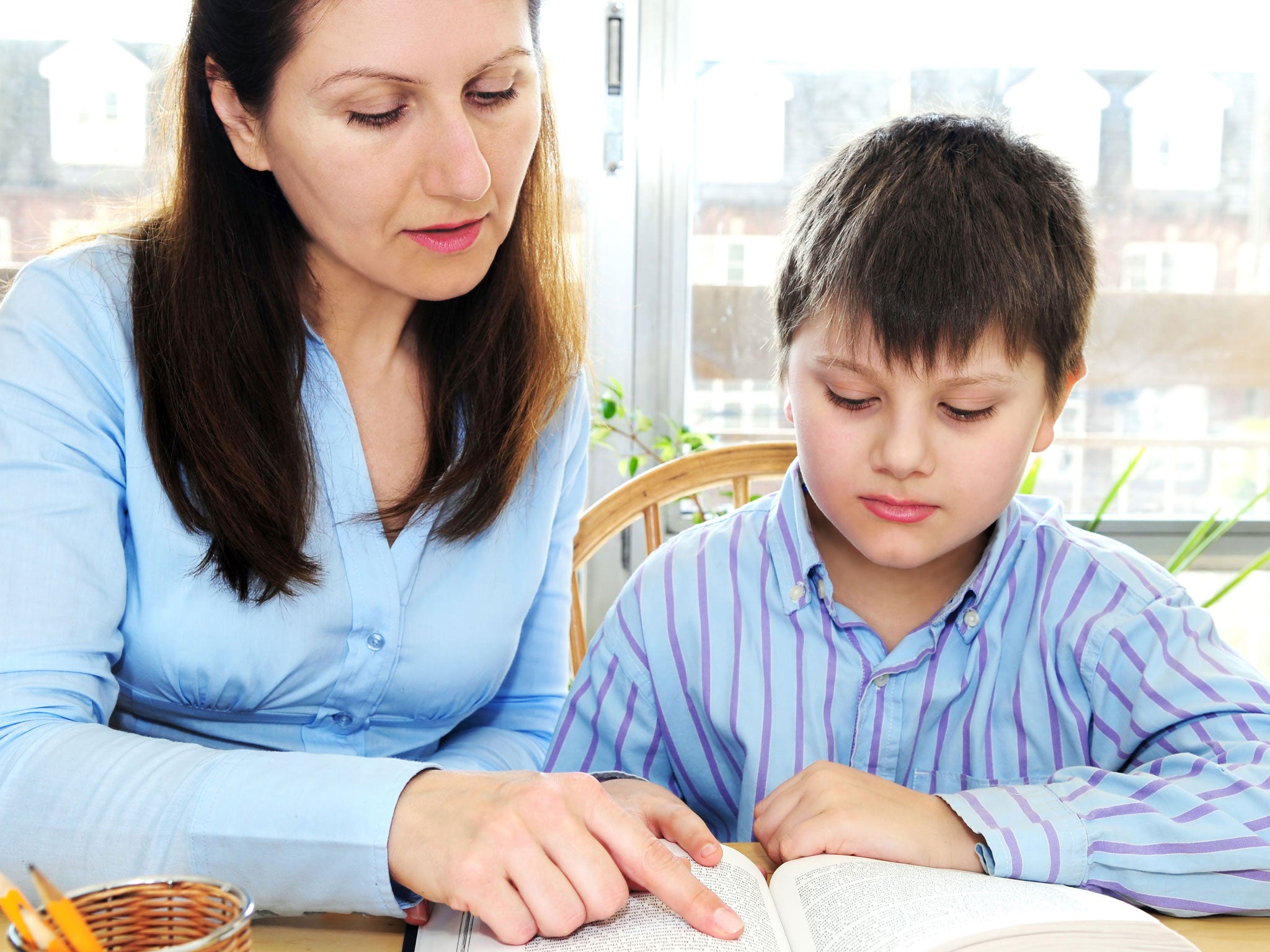Private tuition works - but it is increasing the gap between our richest and poorest students
The director of The Access Project, a tuition charity, on a booming industry

The UK is witnessing a spectacular rise in private tuition. Parental concerns over the ‘summer slide’, combined with increased competition for places at selective schools and top universities, mean that more and more families are forking out up to £60 an hour for extra academic support for their children.
Hard statistics on tuition are rare, but it was revealed today that 1 in 4 London parents use private tutors, and that the UK private tuition market has been variously estimated between £1bn and £6bn over the last year. In other words, this is big business – and is getting bigger all the time.
It’s easy to see why this is happening: parents want the best for their children, and are trying to find an ‘edge’ that will help their sons and daughters to get to university and, in time, into a well-paid job. And tuition works: as a former teacher, it is evident that an additional hour per week spent with an individual student has a massive impact. Unfortunately, as any teacher will tell you, you cannot spend an additional one-to-one hour with every student in your class.
The rise of private tuition is therefore an understandable trend; however it is also one that threatens to force the attainment gap between rich and poor ever wider.
Our education system already results in a considerable gap in educational attainment between our least and most affluent children. Research by the Joseph Rowntree Foundation shows that by 3 years old children from poorer backgrounds have lower cognitive outcomes than their better-off peers, and we know that typically this gap will remain – and even increase – during a child’s schooling. Surely we should be using tools like one-to-one intervention to close this gap – not leaving it to an unregulated market to offer an edge to the highest bidder?
Predictably, the most affluent children are those who are benefiting the most. A 2011 poll found that 25 per cent of children from the most affluent families had received private tuition, compared to 15 per cent of children from the least affluent families. To be frank, these numbers are surprisingly close together: especially given that top-end tutors are charging £60 an hour. Why are families with little disposable income being left to pay large amounts of money to ‘even up’ the system?
As the private tuition industry continues to grow, I feel the most effective way to create equality of opportunity for less privileged students is to provide them with the one-to-one support that is becoming ever more common for the more affluent. It’s natural for parents to want the best for their children, and it’s hard to argue that ‘additional education’ is a bad thing. But it’s also fundamental to a civilised society that the grades you get at school shouldn’t be contingent on your parents’ wealth. If we want to close the attainment gap we will either need to outlaw one-to-one tuition – or, more likely, to provide it to our poorest children as well as to our richest.
Andrew Berwick is Director of The Access Project, a charity that trains and supports volunteers to become one-to-one tutors for disadvantaged students.

Join our commenting forum
Join thought-provoking conversations, follow other Independent readers and see their replies